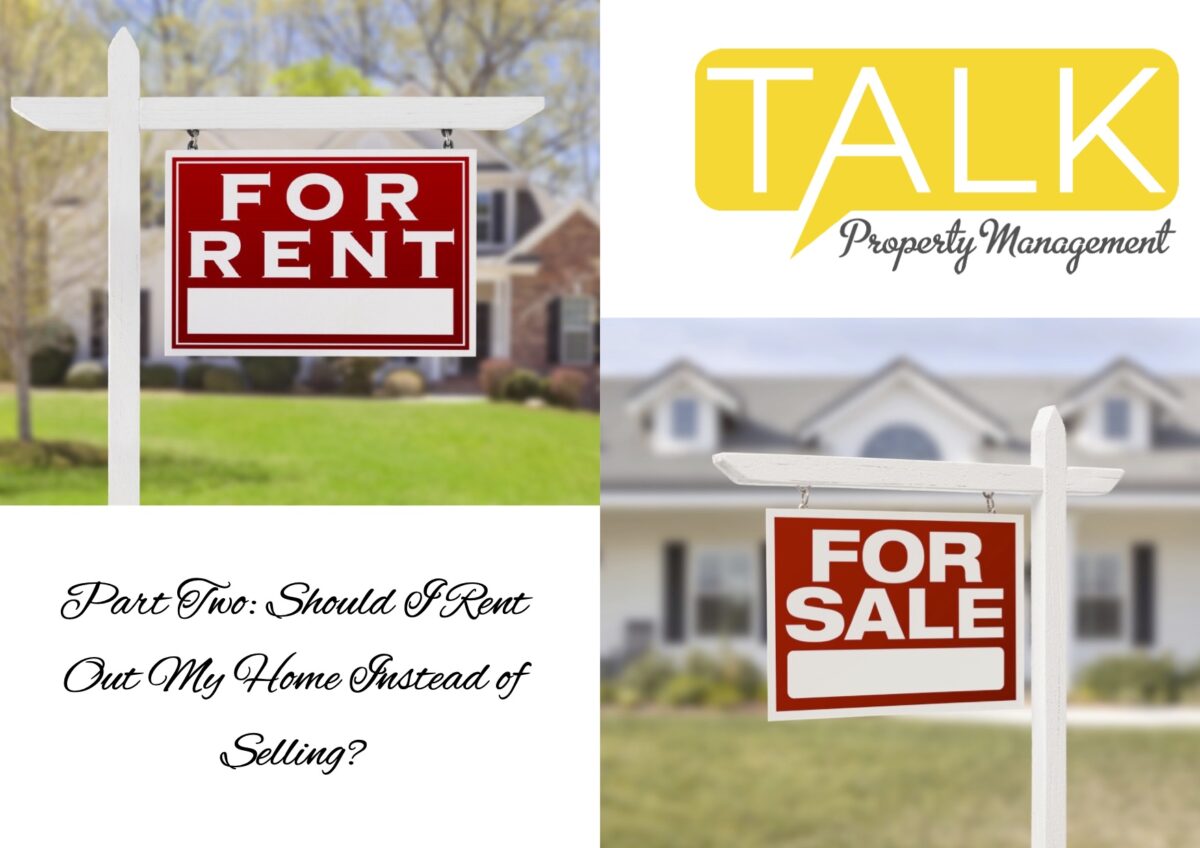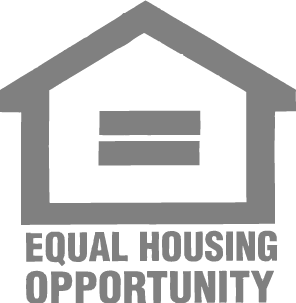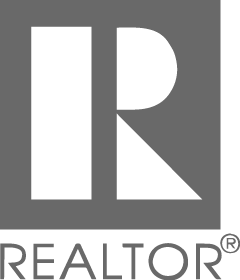
Continuing our previous blog, we’ll discuss the pros and cons of renting or selling your home. I’ll cover the cost of renting vs selling and what costs are included in each option.
Costs
Both selling and renting have their unique costs. A key consideration is whether your rental income is enough to cover the mortgage and upkeep. To determine how much rental income you can expect to earn, compare what other similar properties are charging and subtract the cost of mortgage payments, maintenance, repairs, taxes, hiring a property manager, and additional related expenses. The answer should help you answer whether there will be a positive cash flow or not. Rental income is an opportunity for long-term cash flow, but only when it’s positive. If it’s a loss, it’s worth considering selling.
The costs to rent a home should include mortgage, home maintenance and repairs, property taxes, advertising, background and credit checks, property management fees, tax filing and accounting fees, HOA fees, landlord insurance, and vacancies. Now let’s break down each of those.
Mortgage: While someone else is living in your property, it is still your responsibility to pay the mortgage. To find average rent prices, you can research what other properties are advertising. This can be done through online research or by your real estate agent.
Home maintenance and repairs: You have to keep up with routine maintenance, so it’s liveable for tenants. The rule of thumb is to save at least 1 percent of the home’s value every year to pay for maintenance. You’ll also need to budget for extra repairs and replacements of essential home parts like appliances, doors, windows, and the roof.
Property taxes: Taxes will vary on the property’s location, but expect the rate to increase as your home value increases too. Any income you make from your rental property is subject to rental income taxes. You’ll be taxed at your ordinary tax rate but can write off certain expenses. If you rent your property for three years or more, it is no longer your primary residence. This means any profit made before selling is subject to a capital gains tax. Consult your tax advisor for recommendations regarding your specific situation.
Advertising: You need to get the word out about your property to find tenants. Advertising costs vary depending on what source you use. Advertising can range from social media ads and websites to working with a real estate agent to market the property.
Background and credit checks: To ensure you have a reliable future tenant, you’ll need to screen them. This means running a credit and rental history report. Sometimes you can pass this expense onto the tenant, but if not, the cost ranges from $15 to $40.
Property management fees: If you choose to hire a property manager, they usually charge a percentage of the rent price. Read my investor resources, “Why Should You Hire a Property Manager for Your Austin Investments”, “When is it Time to Hire an Austin Property Manager?”, and “Property Management During COVID-19”.
Tax filing and accounting fees: Taxes become more complicated when you own property (or several), so it’s best to hire someone to file your taxes for you.
HOA fees: If your home has a homeowner’s association, you’ll be responsible for the HOA fees too. Depending on what type of property you have, the costs can range from $25 to $1,000 or even more a month.
Landlord insurance: Landlord insurance will cover specific costs like damage to the home or if someone is injured on the property. This will usually cost about 25% more than your typical homeowner’s insurance policy.
Vacancies: You’ll have to plan for the times when your home isn’t occupied. This will be income you’re losing.
Now let’s discuss the cost of selling a home. The costs to factor in should be home improvement, real estate commission, home staging, utilities, home loan payoff, and closing fees.
Home improvement: Home improvements should be made if it will increase the home’s value and fix any repairs needed. This can range from enhancing the curb appeal or removing a whole wall. It’s helpful to get a home inspection before listing to find out what you’ll need to fix beforehand.
Real estate commission: Up to 6% of your home sales price could go to your agent. This is typically split 50/50 between the listing real estate brokerage (your agent’s brokerage) and the buyer’s agent’s real estate brokerage. The commission could be your most significant expense when selling your home.
Home staging: Home staging isn’t always necessary, but it increases your home’s desirability and helps your house sell faster and potentially for more money. Staging costs range depending on the size and your specific needs, and it can cost anywhere from $1,000 to $8,000 or more.
Utilities: Remember that you’ll be paying for your utility bills until the closing date.
Home loan payoff: Once sold, you’ll need to pay off the rest of your mortgage.
Closing fees: Depending on your agreement with the buyer, you may take on some of the closing costs. Expect closing costs to be a loss of 10% of the selling price.
Choosing an option comes down to finances, your long-term investment goals, and the real estate market. If you’re ready to sell, rent, or need professional advice regarding property management or real estate, TALK Property Management is here to help (512) 721-1094 or dbrown@talkpropertymanagement.com.


